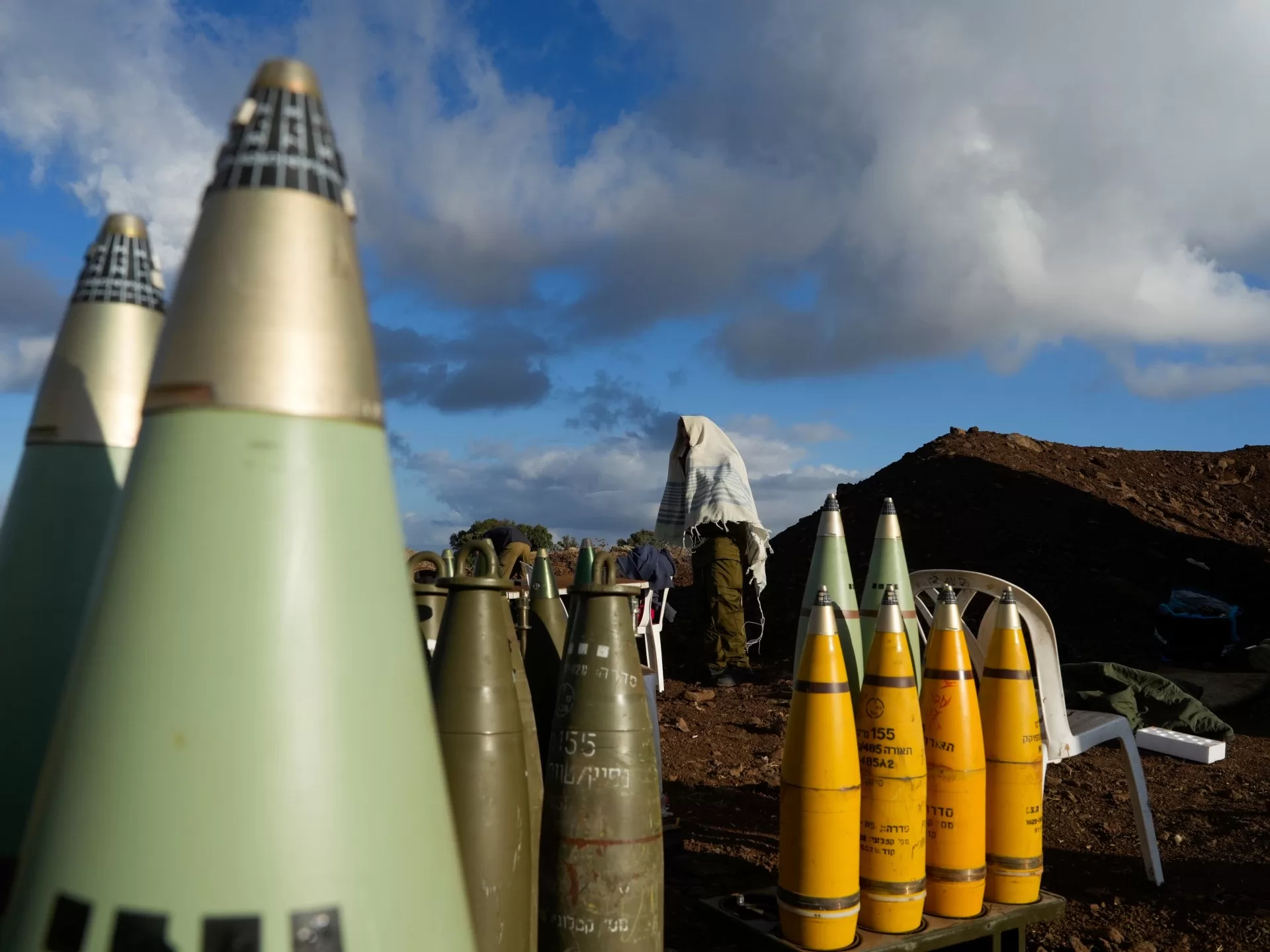Israel and Iran have issued threats of retaliation against one another, pushing longstanding concerns over escalation towards a regional war to new heights.
Israel, with backing from its United States ally, has promised to respond to the huge missile attack that Iran launched late on Tuesday. Iran has said any such retaliation will be met with an even “tougher” backlash.
Meanwhile, Israel on Wednesday resumed its attacks on Lebanon and announced it is sending additional troops to carry out the ground offensive that it launched on Tuesday.
Iran said the close to 200 missiles it fired at Israel were a response to the recent killings of Hamas, Hezbollah and Islamic Revolutionary Guard Corps leaders.
Prime Minister Benjamin Netanyahu warned Tehran late on Tuesday that it had “made a big mistake”.
Al Jazeera’s Hamdah Salhut, reporting from Amman, said the Israeli military and political echelon have insisted that the attack “simply will not go unanswered”.
US President Joe Biden’s administration has warned Iran of “serious consequences”.
US Republican House Speaker Mike Johnson said “the world needs America to return to a maximum pressure campaign against Iran”.
The threats were met with defiance.
Iran’s armed forces joint chief of staff General Mohammad Bagheri threatened to repeat its missile attack with “multiplied intensity” if Israel retaliates against Iran’s territory.
Tehran’s foreign minister, Abbas Araghchi, called European counterparts overnight, telling them that if Israel “takes retaliatory action, our response will be even tougher”.
On Wednesday, he said Tehran has warned the US against any intervention.
The rising tension only raises longstanding fears that Israel’s war in Gaza will eventually lead to an all-out war across the region.
Amid global calls for restraint and a step back from escalation, the United Nations Security Council has called an emergency meeting for Wednesday to address the spiralling conflict.
However, the violence shows no sign of abating.
In Lebanon, the Iran-backed Hezbollah armed group said on Wednesday that its fighters have directly clashed with Israeli forces for the first time since 2006.
Reporting that Israeli soldiers had tried to infiltrate the country near the village of Odaisseh, Hezbollah claimed to have “inflicted losses on them and forced them to retreat”.
Reporting from Hasbaiyyah in Lebanon, Al Jazeera’s Imran Khan said this was the first report of face-to-face fighting since Israel announced its ongoing air campaign against Hezbollah would now be accompanied by ground operations.
“When this ground invasion was announced by Israel, there was a long and intense artillery shelling concentrated on three areas – Odaisseh was one of them. It is one of the chokepoints where Israeli soldiers are going to try to come into,” Khan said.
Air raids persist
Israeli air raids, which have been battering southern Lebanon and Beirut, continued to pummel the capital on Wednesday.
Beirut’s southern suburbs were hit, with the Israeli military saying they had targeted Hezbollah.
Large plumes of smoke were seen rising. Israel issued new evacuation orders for the area, which has largely emptied after days of heavy attacks.
Lebanon’s Disaster Risk Management Unit on Tuesday announced that 1,873 people have been killed and 9,134 wounded as a result of Israeli attacks in the country since October 8 last year, when Hezbollah began launching rockets at Israel due to its war in Gaza.
“The number of displaced persons from areas exposed to Israeli aggression has exceeded one million, including 155,600 registered in shelters,” the report said.
